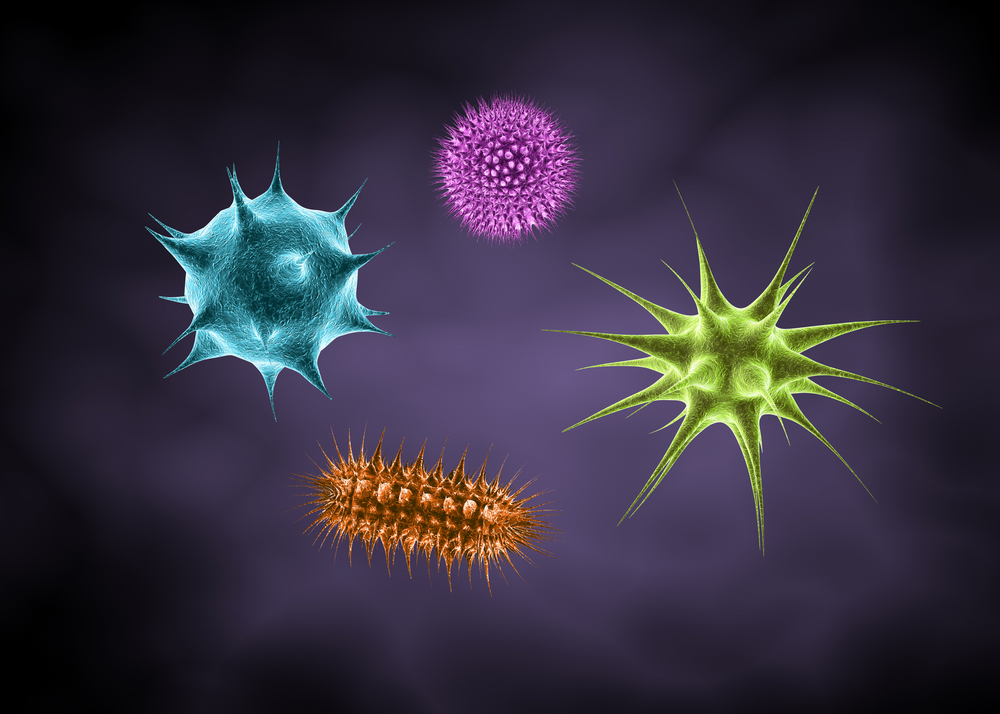New Emphasis on Microbiome in Upper Airways Could Advance URTI Treatment in Cystic Fibrosis
Written by |

 A new review on the impact of the microbiome in the upper airways on URTIs entitled, “The microbiome of the upper airways: focus on chronic rhino sinusitis” was recently published in the World Allergy Organization Journal by Thanit Chalermwatanachai, part of Dr. Claus Bachert’s group from the Department of Oto-Rhino-Laryngology at Ghent University Hospital in Belgium, along with colleagues. In this review, the authors outlined what is currently known about the upper airway microbiome and available treatment methods, focusing mainly on chronic rhino sinusitis. The findings have implications on the treatment of those with cystic fibrosis.
A new review on the impact of the microbiome in the upper airways on URTIs entitled, “The microbiome of the upper airways: focus on chronic rhino sinusitis” was recently published in the World Allergy Organization Journal by Thanit Chalermwatanachai, part of Dr. Claus Bachert’s group from the Department of Oto-Rhino-Laryngology at Ghent University Hospital in Belgium, along with colleagues. In this review, the authors outlined what is currently known about the upper airway microbiome and available treatment methods, focusing mainly on chronic rhino sinusitis. The findings have implications on the treatment of those with cystic fibrosis.
The human body is host to about 10 to 100 trillion microbes, which exceed the total number of human cells. Thus, the “Human Microbiome” project was established to study and classify all that comprise the body’s normal flora, and their crucial role in human health and disease. Several studies on host-microbe interactions and microbiome alteration have shown that these communities play a fundamental role in their host’s health, with some evidence suggesting the composition of airway microbiota in the respiratory system is different between healthy individuals and those that have asthma and cystic fibrosis (CF). However, studies performed on chronic rhinosinusitis (CRS) are very few.
[adrotate group=”1″]
The microbiome studies of the upper airways showed various important critical factors that may be important for chronic rhinosinusitis studies. It seems that an imbalance of Th1 and Th2 function may be involved in the pathogenesis of CRS. The bacteria Staphylococcus aureus and Pseudomonas aeruginosa are the main players in the development of severe airway disease in CRS and CF patients. The emergence of novel molecular biology techniques increased the possibility of identifying new bacteria in the upper airways and elucidating the complex network of microbes and microbe-host interactions. Notably, findings have also suggested that the relationship between the microbiome and mucosal immunity may be bidirectional, with bacteria playing a pathogenic role, and the host unable to respond adequately. Further research studies on how specific bacteria influence the nasal and sinus mucosa’s immune response may contribute to better understanding of the pathogenesis of CRS, and the development of new therapies to address this disease.
In the future, the treatment of inflammatory diseases may potentially depend on the manipulation of microbiota, or the use of specific healthy microbial communities, as scientists are still learning how to harness probiotic bacteria as colonizers and antimicrobial agents designed to inhibit the proliferation of pathogenic bacteria.






